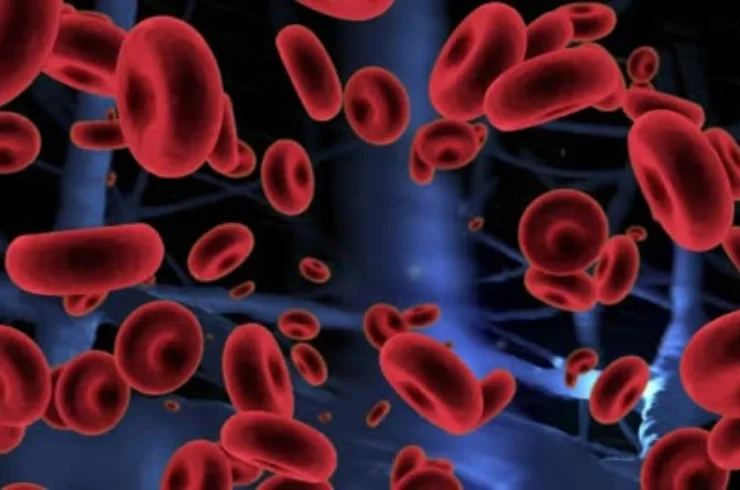Hematology

Hematology is the branch of medicine that focuses on the study of blood, blood-forming organs, and blood disorders. It involves understanding the composition of blood, the function of its components, and how abnormalities in the blood can lead to various medical conditions. Hematology plays a critical role in diagnosing and managing diseases related to blood cells, clotting mechanisms, and bone marrow function.
Key components of hematology include:
Blood Composition: Blood is made up of plasma (the liquid component), red blood cells (RBCs), white blood cells (WBCs), and platelets. Hematology focuses on the quantity, quality, and function of each of these components:
- White Blood Cells (WBCs): Involved in immune response, helping to fight infections and foreign invaders.
- Platelets: Key players in blood clotting, helping to prevent excessive bleeding by forming clots at injury sites.
- Plasma: Contains water, proteins, hormones, and waste products that support the function of cells and regulate body processes.
Hematological Disorders: Hematology focuses on various diseases and conditions that affect the blood. These include:
- Anemia: A condition where there is a deficiency of red blood cells or hemoglobin, leading to fatigue, weakness, and pale skin.
- Leukemia: A type of cancer affecting the bone marrow and blood, characterized by the uncontrolled growth of abnormal white blood cells.
- Lymphoma: Cancer of the lymphatic system, affecting the white blood cells and lymph nodes.
- Hemophilia: A genetic disorder that impairs the ability of blood to clot, leading to excessive bleeding.
- Thrombocytopenia: A condition characterized by low platelet count, increasing the risk of bleeding.
- Polycythemia: An overproduction of red blood cells, leading to increased blood viscosity and risk of clotting.
- Sickle Cell Disease: An inherited disorder where red blood cells become sickle-shaped, leading to blockages in blood vessels and pain episodes.
Diagnostic Tests in Hematology: Hematologists use a variety of diagnostic tests to assess blood health and diagnose hematological conditions:
- Complete Blood Count (CBC): A routine test that measures the levels of RBCs, WBCs, platelets, hemoglobin, and hematocrit, providing insight into overall blood health.
- Peripheral Blood Smear: A test where a drop of blood is spread thinly on a slide and examined under a microscope to look at the shape and number of blood cells.
- Bone Marrow Aspiration and Biopsy: A procedure to examine the bone marrow (the site of blood cell production) to diagnose conditions like leukemia, lymphoma, and anemia.
- Coagulation Tests: These include prothrombin time (PT), activated partial thromboplastin time (aPTT), and fibrinogen levels, which evaluate the blood’s clotting ability.
- Hemoglobin Electrophoresis: A test used to identify abnormal forms of hemoglobin, such as in sickle cell disease or thalassemia.
Hematological Treatments: Treatment in hematology depends on the underlying disorder and may include:
- Blood Transfusions: For conditions like anemia, where red blood cells or platelets are deficient.
- Chemotherapy and Radiation Therapy: Commonly used in the treatment of blood cancers like leukemia and lymphoma.
- Bone Marrow or Stem Cell Transplants: These are used in certain blood cancers or inherited blood disorders like sickle cell disease.
- Medications: Drugs like anticoagulants (e.g., warfarin) for clotting disorders or erythropoiesis-stimulating agents for anemia are used to manage blood-related conditions.
Hematology is essential in diagnosing and treating a wide variety of conditions affecting blood health, from common disorders like anemia to life-threatening conditions like leukemia. Early detection and appropriate management can significantly improve patient outcomes.



